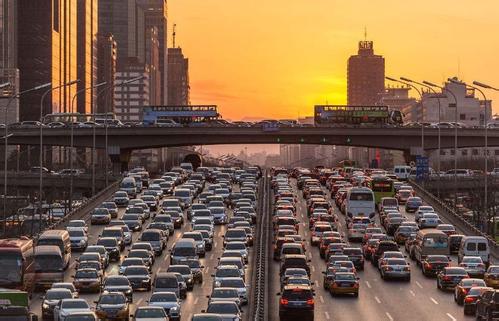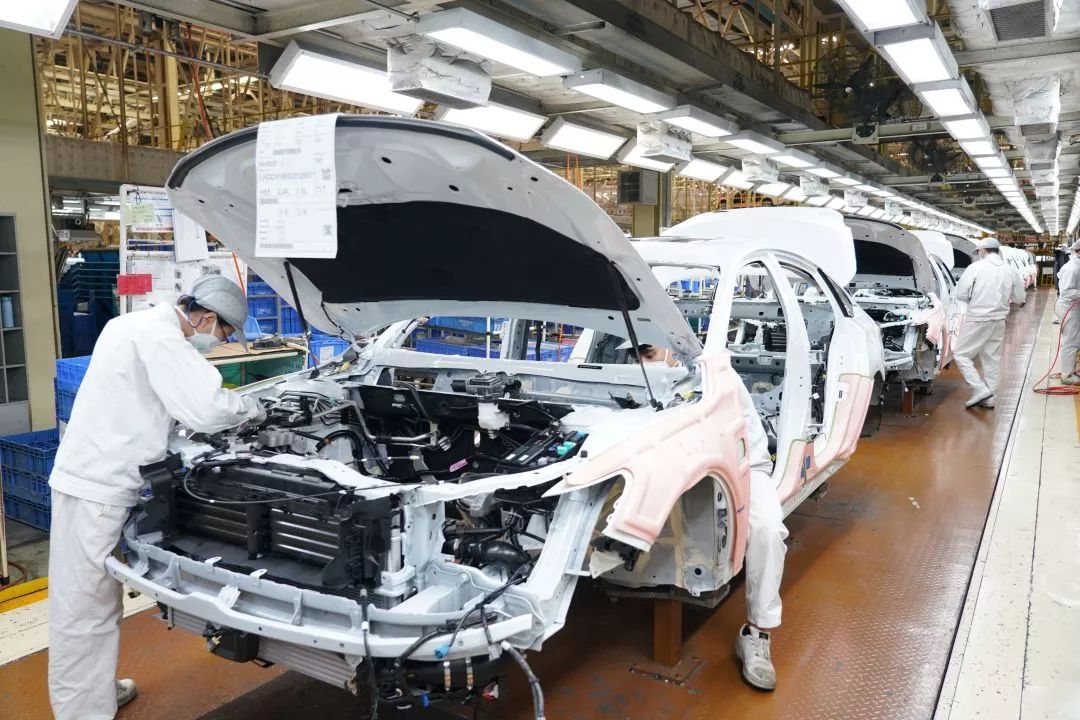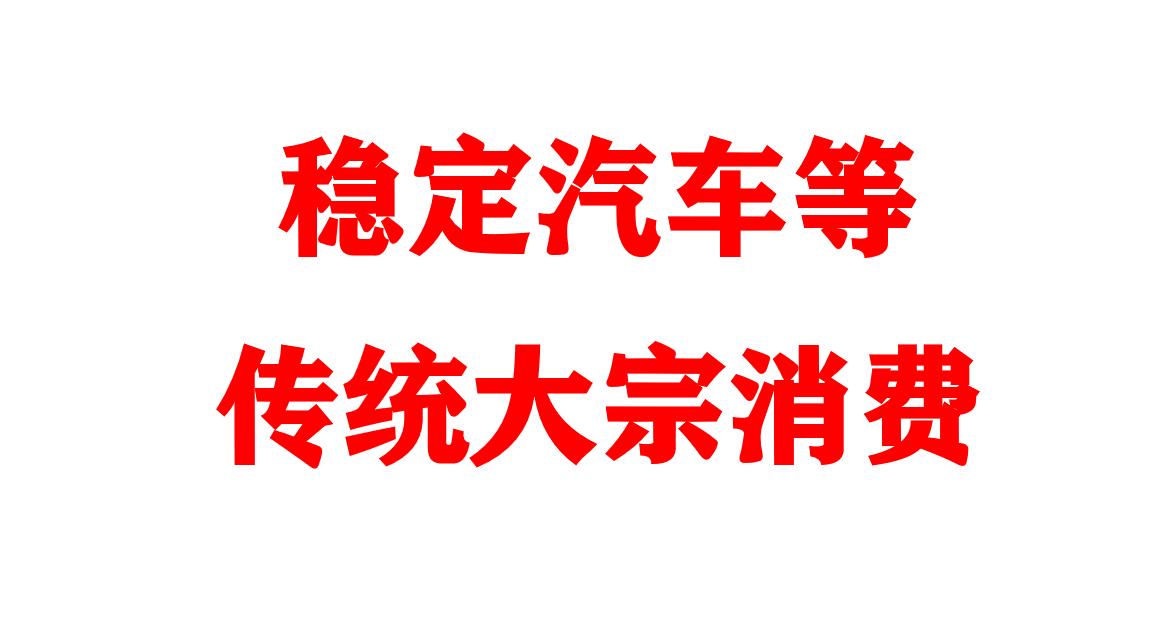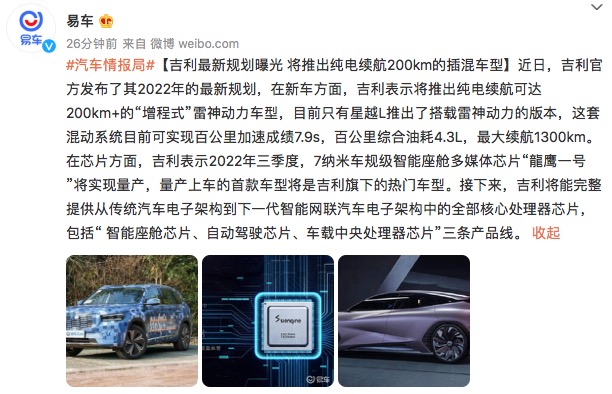In addition to Weibo, there is also WeChat
Please pay attention

WeChat public account
AutoBeta


2024-11-17 Update From: AutoBeta autobeta NAV: AutoBeta > News >
Share
AutoBeta(AutoBeta.net)02/21 Report--
After an unstable 2019, the auto industry is expected to bottom out in 2020, but the sudden pneumonia epidemic disrupted the normal operation of the industry, and car sales fell at an unprecedented rate in history. Retail sales of domestic passenger car manufacturers fell 92% year-on-year in the first half of February 2020 (February 1-16), the highest on record, due to the pneumonia epidemic infected by novel coronavirus, according to the latest car sales figures released today.

The domestic car market fell 20.4% in January from a year earlier, and sales hit rock bottom in February, adding to the dismal start to 2020 for the auto industry. There is also uncertainty about whether the suppressed car consumption potential will break out in March, and market worries have intensified. To this end, the Ministry of Commerce made it clear that it will study and introduce policies and measures to stabilize automobile consumption to further promote car sales.
The start of February plummeted by 90%
The Spring Festival holiday in January was extended by the continuous spread of the pneumonia epidemic, and the provincial and municipal governments adopted measures to restrict enterprises from returning to work in order to further strengthen the prevention and control of the epidemic, reduce the movement of people and block the spread of the epidemic. The automobile industry, including dealers, parts suppliers and vehicle manufacturers, is in a "paralyzed" state, and all production and sales work has stopped. In the follow-up, due to the continuous expansion of the epidemic, the time for resumption of work has been postponed again. As a result, it is expected that the biggest decline in the history of the auto industry occurred in February.
According to the latest car sales data released by the China Federation of passengers, retail sales in the passenger car market averaged only 811 units a day in the first week of February (1-9), down 96% from a year earlier; retail sales in the second week (10-16) reached a daily average of 4098 units, down 89% from a year earlier; overall, retail sales fell 92% in the first two weeks of February from a year earlier, the highest on record.

A small number of local car dealers began to sell on February 10, but during the epidemic, there was very little passenger flow, consumers stayed behind closed doors, dealers were unable to reach sales and services, and only particularly urgent car buyers bought cars during the epidemic. After that, some dealers carried out online promotion business-live car sales, although it made up for the problem of getting customers, but the effect was not as effective as in-store sales.
Even in mid-to-late February, the number of consumers going directly to the store to see the car was greatly reduced, resulting in a return to less-than-expected traffic from dealers, and new car sales were blocked again after returning to work. According to the statistics of the association, as of February 20, the sales efficiency of car dealers across the country was only 7.4% (sales efficiency means that vehicle sales in the current period could reach the level of the same period in previous years), which is still far lower than in the same period, and the aftermath of the epidemic has not been eliminated yet.
The sharp decline in sales and the difficulty of restoring sales efficiency have further exacerbated market concerns. In order to ease the pressure on dealers, most manufacturers give up quarterly sales assessment and give distributors subsidies to overcome the difficulties.
It is difficult for car companies to get back to work
Under the epidemic, automobile manufacturers have delayed resuming work for many times, taking into account the local government guidelines and the supply of spare parts. Even though the proportion of auto companies resuming work is rising rapidly, it is also based on reducing the operating rate to resume production.
Toyota began to resume work at its factories in China from the 17th, including factories in Changchun and Guangzhou on the 17th, Tianjin plant on the 18th, but resumed production by reducing the operating rate, while Toyota's Chengdu plant resumed work until the 24th.

Volkswagen, the No. 1 brand by sales in China, said that in view of the continuing outbreak of the new pneumonia, SAIC Volkswagen, a joint venture with SAIC, will further delay the resumption of work at the plant to February 24. Some of the FAW-Volkswagen factories jointly operated with FAW Group have resumed work.
Another Shanghai-based SAIC General Motors has made it clear that it will resume work fully from February 24, while gradually restoring production capacity according to market demand. At present, the recovery of SAIC GM production capacity is still low, the main reason is that the upstream supplier enterprises have not fully resumed work; second, the market order quantity is reduced, which is in the recovery stage.
According to the latest guidance from the government, the time for auto companies and parts companies in Hubei to resume work has been further postponed to March 11. Including DPCA, Dongfeng Honda, SAIC GM Wuhan plant, as well as a number of parts companies will be further postponed to resume work, the cumulative shutdown period will exceed one and a half months. Even if car dealerships open normally, terminal sales cannot be carried out, especially for hot-selling brand models such as Dongfeng Honda.
The association pointed out that most of the manufacturers in February have already gone to work, but due to the long chain of the automobile industry, it is difficult to fully resume production, so the post-holiday marketing system has already started, but the follow-up speed of production logistics is too slow, resulting in particularly low wholesale sales data.
A new policy to stimulate consumption will be released soon.
The core reason for the collapse in sales is the restrictions on car sales under the epidemic, so the car consumption potential is expected to be released centrally after the epidemic, but the original downward environment of the car market adds to market concerns. If the government introduces a new policy to promote car consumption, it will provide a stronger guarantee for the rapid recovery of car sales.

On February 15, Qiushi magazine published a programmatic guidance plan on the epidemic at the central level, pointing out that expanding consumption is one of the important focal points for hedging the impact of the epidemic, and that it is necessary to actively stabilize traditional bulk consumption such as automobiles, and encourage areas where car purchases are restricted to appropriately increase the quota of car license plates to drive the consumption of cars and related products.
On February 20, the Ministry of Commerce held a press conference, pointing out that the Ministry of Commerce will thoroughly implement the important decision arrangements of the central government on "actively stabilizing traditional bulk consumption such as automobiles" and the spirit of the "opinions of the General Office of the State Council on speeding up the development of circulation and promoting commercial consumption", and work with relevant departments to study and introduce policies and measures to further stabilize automobile consumption to reduce the impact of the epidemic on automobile consumption. At the same time, all localities are encouraged to introduce measures to promote the consumption of new energy vehicles, increase the purchase restrictions on traditional vehicles, and trade in old cars for new ones in accordance with local conditions, so as to promote automobile consumption.
In this regard, Guangdong Province already has a specific plan. The Foshan Municipal Government of Guangdong Province has decided to implement the plan of "several measures to promote the upgrading of consumption in the automobile market" from March 1 onwards. Consumers can directly receive a subsidy of 2000 yuan to 5000 yuan from the government for buying new cars, and the plan is valid for one year. On February 21, the Guangdong provincial government issued a number of policies and measures for further stabilizing and promoting Employment in Guangdong Province, which proposed to promote conditional prefectures and cities to introduce subsidy policies for the scrapping and renewal of old cars. Guangzhou and Shenzhen are encouraged to further relax car lottery and auction targets.
After this move, it is expected to prompt a number of governments to follow up the implementation, thus driving car consumption.
"stabilizing traditional bulk consumption such as cars" has become an important driving force after the epidemic, and if the policy is strongly implemented, it is possible to pull back sales for the whole year to achieve positive growth. The policy to encourage car consumption is undoubtedly great good news for the automobile industry.
Welcome to subscribe to the WeChat public account "Automotive Industry Focus" to get the first-hand insider information on the automotive industry and talk about things in the automotive circle. Welcome to break the news! WeChat ID autoWechat
Views: 0
*The comments in the above article only represent the author's personal views and do not represent the views and positions of this website. If you have more insights, please feel free to contribute and share.











© 2024 AutoBeta.Net Tiger Media Company. All rights reserved.